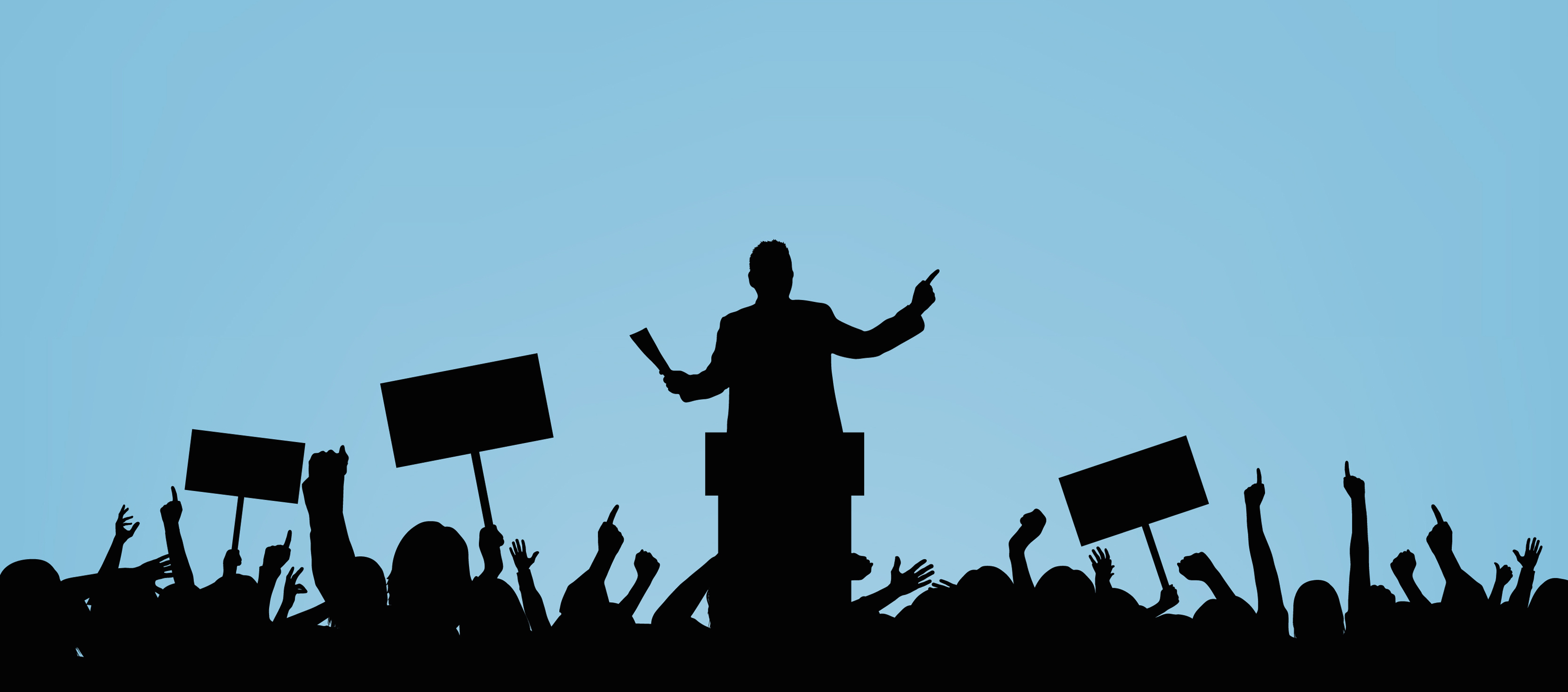The nudge to write this came as a result of a personal reflection on 2020 and the lessons of this current experience.
One single thread that ran through the strains and struggles is the question of leadership.
My view is that the response to the COVID-19 pandemic is a test of the leadership credentials of the chief executives of states and those who pride themselves in being the “representatives of the people”.
The same people who set the rules are the ones who flagrantly break them.
Worse still, those who are supposed to enforce the rules are somehow immune to the consequences.
Somehow, some Nigerians have found themselves to be above the law.
This has always been the case.
In the same country, one person gets released from jail based on a technicality, the other person gets to spend years in prison awaiting trial.
Here, what is good for the goose is a dream for the gander.
The other day, a colleague tried to make a point by saying that there is a difference between a Nigerian professor and a professor in Nigeria.
Without saying much, I understood the message he was jovially trying to pass across.
That comment might have passed as some humour, but the bigger point is that there is just something with the system or the appellation “Nigerian”.
Most of the time, that something is not good.
In the context of the current experience and by my observations, there are easily three categories of Nigerians – the politicians, the privileged and others.
There is a lot to be said, but I will take the liberty to dwell briefly on Nigerians in the class of “others” and “the privileged” – in that order and then “the politicians”; which is the central theme of this piece.
On the social spectrum, there is no middle range.
That long ceased to exist.
There is only up and down.
The politicians and privileged are up, the others are down.
Practically, every Nigerian is in the class of others.
And that is perhaps one of the most unfortunate things that can happen to anyone, socially speaking.
In that class, you are on your own.
The government takes everything from you but gives you nothing in return.
You are even the government of yourself, for yourself and by yourself.
You generate your power, your water, your everything.
Since you cannot afford to buy SUVs specially made for the Nigerian terrain, your options are limited.
The roads will deliver more blows on you than a heavyweight boxer.
If you are ever sick by any act of omission, commission or ill luck, that becomes an extremely delicate situation.
Your life is entirely in God’s hands.
You cannot go to Europe or Asia, so you are condemned to use the public health facilities here.
Surviving each day is more a miracle than anything else. It is well!
At the extreme of the divide is the class of the privileged.
These are allies of the powers that be and acquaintances to the powers that used to be.
These have friends in high places and the solution to almost every problem is a phone call away.
They always know someone who knows someone.
If you are privileged to be in the privileged class, you have fewer worries.
You are not ensnarled by religion or ethnicity.
Your classmates are strictly business people.
As long as the money is good, there is no problem.
Everything is really good here.
It is the place many young Nigerians aspire to be in their lives.
Only then can it be known to the world that they have “blown” or “hammered”.
The interesting part is that when you get to this class, your name would then be used in hit songs.
Everybody wants to be like you.
You are also guaranteed that as soon as you get promoted to this class, you are ensconced within a fortress that you suddenly become untouchable by your “village people”.
The “village people” only have time for those who are still trying to make it.
The rest of this piece would be devoted to the class of politicians.
An interesting fact is that within this class, there is another class.
You would recall the case of a Nigerian professor and a professor in Nigeria.
That classification uncannily applies to the politicians.
We have Nigerian politicians and politicians in Nigeria.
The distinction between these two is as clear as day and night.
You should know them by their histrionics, or should one say fruits. Let us examine this further.
In the unending series of the battle of interests and ego set in the period of the COVID-19 pandemic, the Nigerian politicians are the easiest to notice for several reasons.
One, they are in the clear majority.
They are everywhere from the top to the bottom of the political ladder.
Two, they belong to the old order.
They are the ones who brought us here.
They are usually the captains of the class of “eat-as-much-as-you-can-while-you-have-the-chance”.
These are the ones that rendered our hospitals impotent to save lives; the reason the standard of education in Nigeria has so dipped that if education was a person, it would still fear from falling.
Thanks to them, we have a system where institutions operate on the body language of the “oga at the top”.
Reading the body language of the big man is a special survival skill you will have to learn on your own if you plan to rise through the system, particularly because the big man may be changed in four years.
First of all, to be a Nigerian politician and perhaps an excellent one, all you need is a senior secondary school certificate.
If you fancy the number one position in the country, you don not even need to bother yourself about knowing where the certificate is.
You can simply rely on “technicality”.
By that flaw, you may even be overqualified for the job.
If you are lucky, you would be regarded as the best the country can produce.
A man or woman of this and that.
The paean would be endless.
As a Nigerian politician, you can hang your incompetence on the doorsteps of those who came before you.
And the people will understand.
After all, you are the one they voted for.
They should understand that Rome was not built in a day.
And that you are busying yourself with cleaning the mess of the last guy that you would not have enough time to deliver what you promised.
You can also blame your stark incompetence on the times.
This particular reason is very solid.
The people will easily believe.
You may even win some sympathisers who would defend you to whatever length.
The narrative is so easy that at the slightest questioning of your promises, you must just be quick to put the reminders on.
You can say something like this: “In so-and-so year, do you know how much crude was selling for?”
This particular one is a classic – “don’t you see how much we have done with the little we are earning?
We are doing more with less.”
If you refine this every time you say it, your chances of winning a second term are high.
One thing you can also do is to get your apologists to remind the people of how lucky they are to get a man so perfect like yourself; a man who is doing his country a favour by living well on their money while the majority of Nigerians, currently about 90 million of them, are straddling in extreme poverty.
To be honest, we are not even sure of the exact statistics.

 Join Daily Trust WhatsApp Community For Quick Access To News and Happenings Around You.
Join Daily Trust WhatsApp Community For Quick Access To News and Happenings Around You.

